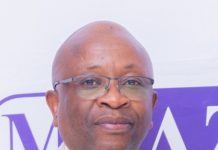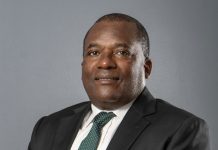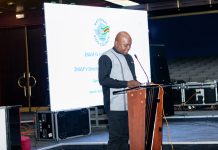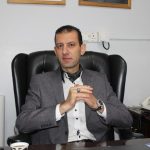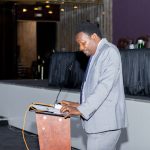
Maxwell Changombe, Programmes Coordinator at Restless Development
BY MUNYARADZI BLESSING DOMA
Whilst the government has been applauded for implementing Comprehensive Sexuality Education in schools, more needs to be done to include access for those young people who are out-of-school.
The call was made by Maxwell Changombe, Programmes Coordinator at Restless Development, during a media engagement in which he revealed implementation of the Youth Power Driving ESA (Eastern and Southern Africa) project.
The project is looking at ESA Ministerial Commitments on health and education and how they address young people’s access to reproductive health and rights in East and Southern Africa.
Countries participating in the project are Zimbabwe, Malawi, Uganda, Kenya and Zambia.
According to the World Health Organisation (WHO) “Comprehensive Sexuality Education (CSE) gives young people accurate, age-appropriate information about sexuality and their sexual and reproductive health, which is critical for their health and survival.”
“So particularly here in Zimbabwe, we really applaud our government for the efforts that they are doing to ensure that Comprehensive
Sexuality Education is being taught in teacher-learner institutions and also in nurse training institutions.
“We really implore the government to ensure that they really enforce the implementation of Comprehensive Sexuality Education in schools, where it’s been structured as guidance and counselling, and we really applaud that.
“But however, there is a lack in out-of-school young people, those who are not school-going, they really lack access to Comprehensive Sexuality Education.
“We acknowledge that it’s being done in different health clubs, by different non-governmental organizations, clinics, however, the consistency is not there,” said Changombe.
Changombe added that in other settings that are not schools, the quality is not monitored to check if those young people are receiving CSE.
“And another issue is those who are in hard-to-reach areas, in remote areas, they don’t have access to this Comprehensive Sexuality Education.
“So there’s need for government to ensure there are youth-friendly health services, there are youth centres in hard-to-reach communities where young people can easily access Comprehensive Sexuality Education.
“There are teenage pregnancies that are happening, early marriages, gender-based violence, substance and drug abuse.
“These can be combated with this kind of education given to young people, because they can help them to grow and knowing fully what they can anticipate in life.
“Because CSE is not about health education, but it also incorporates life skills education, where a young person is taught on career guidance, is taught on how they can set their goals going forward.”
Changombe added that compared to other countries, Zimbabwe is doing well in terms of implementing CSE, especially in schools where it’s structured.
He also said the other important part is that CSE encourages young people to self-care.
Changombe further stated that CSE can be taught at any age, but it will be age-appropriate, where a young person is given information that is appropriate for their needs.
“So you find a young person at ECD (Early Childhood Development) A, ECD B being taught CSE, but it’s appropriate to their age.
“It also goes to those who are at puberty level, they are also given age-appropriate CSE.
“So there are young adolescents, they are given information that relates to them and early adolescents are also given information related to them.
“Late adolescents are also given information that relates to them, so CSE can be given to anyone, however it should be age-appropriate,” he added.

Tatenda Songore, Youth Advocates Executive Director
Speaking at the same meeting, Tatenda Songore, Youth Advocates Executive Director, said they are focused on adolescents because within East and Southern Africa, they (adolescents) experience high HIV incidences.
“And they are also experiencing high child marriages, teenage pregnancies and the triple threat has been affecting especially those in extreme poverty or families that are in poverty.
“Because when a pregnancy happens, young people are trapped in a circle of poverty, they will miss an opportunity to further their education, they will miss an opportunity to also work for themselves.
“So we are seeing that when we offer access to reproductive health services, we are empowering young people with the tools to fight poverty, with the tools to pursue their education, with the tools to be able to shape their careers,” said Songore.
Songore also revealed that the misalignment of laws and policies in Zimbabwe continues to be a challenge in adolescents’ access to Sexual and Reproductive Health (SRH) services.
“In Zimbabwe we have got a very progressive Constitution but some of our laws for example the law that restricts access to healthcare services for young people below the age of 18.
“We have seen that over a million parents are in diaspora and they have left children unattended, minors and they are below the age of 18.
“When they want to access healthcare services, sometimes they will not be able to access them without legal repercussions.
“We have seen that the government has got progressive national clinical standards on sexual productive health services, but these standards are not backed by the law and we are saying that our laws need to be consistent with the Constitution which offers access to healthcare services including productive healthcare services to everyone.
“And we need to make sure that the laws are consistent with the Constitution and also progressive policies are also tied to the laws of the country,” added Songore.



